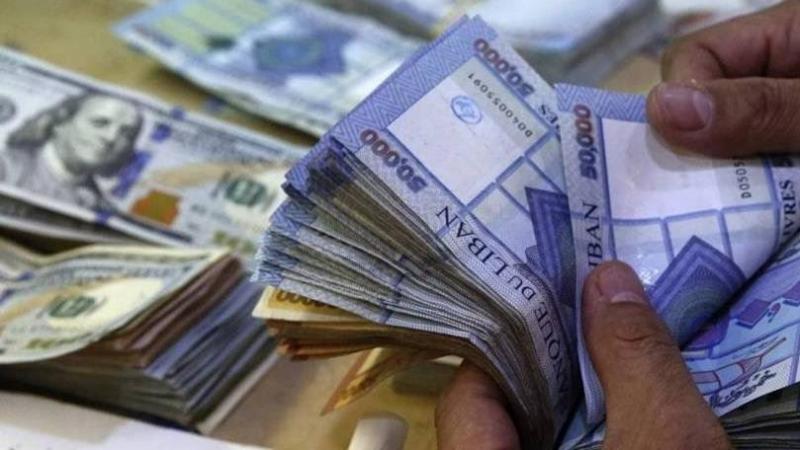As of now, there is nothing indicating that public sector employees, both civilians and military, will receive their salaries at the end of July due to the work stoppage by the employees of the Directorate of Payments. Although the authority is aware of what will happen, it continues its bureaucratic practices of proposing and then scraping and amending suggestions with the aim of fragmenting salaries and curbing the open strike.
A meeting is being held today for the ministerial committee tasked with monitoring the strike, chaired by caretaker Prime Minister Najib Mikati, along with a group of ministers and general directors to make a decisive decision on the latest proposal to fragment employee salaries including: the basic salary, social assistance (which was half a salary and has now equated to one month's salary with a minimum and maximum limit), transportation allowance of 95,000 Lebanese pounds for each day of attendance, and an incentive salary ranging between 150,000 and 300,000 pounds depending on the employee category for each day of attendance at the workplace.
The goal of this meeting, as with all previous meetings held with general directors, is to suppress employees and prevent them from continuing the strike. These general directors proposed that these salaries be approved in exchange for issuing a circular warning public sector employees of administrative and punitive measures that could be imposed on them by setting a minimum attendance of at least two days, whereby disciplinary action will be directed to anyone violating this minimum. Additionally, broad discretionary powers will be granted to general directors in determining the need for attendance beyond this threshold, and anyone absent from work for more than 15 days will be considered resigned and treated accordingly.
The aim here is to destroy the apparent unity in the employees' open strike and create a rift among them, aiming to weaken their position and force them to stop their protest movement through threats of job dismissal or disciplinary action. Meanwhile, the authority rejects any reforms related to public finances as a whole, except for those included in the draft budget for 2022, notably the customs dollar, or what the International Monetary Fund suggested in previous reports regarding increasing the value-added tax to 15%.
The cost of the directors' proposals amounts to 72 billion pounds per month, and will only be implemented for two months. A decision is expected to be made in today's session, which was postponed from Monday at the request of Finance Minister Youssef Khalil for studying the proposal's costs and financial implications and finding funding sources. There is also discussion about possibly involving judges and university professors to benefit from this.
While waiting for the outcome of today's meeting, which is unlikely to differ from previous ones in terms of the insufficiency of proposals offered by the authority and the failure to present actual feasibility amid funding disruption, employees of the payments department continue to refrain from attending their workplace in adherence to the strike. This means that public sector employees' salaries will not be disbursed at the end of the month since preparation requires more than 10 days. Supporting the stance of the payments employees is the understanding of their colleagues in the sector regarding their situation and the importance of this step, even if the choice is painful as they themselves will ultimately bear the brunt in terms of their living and daily requirements in the coming days.




